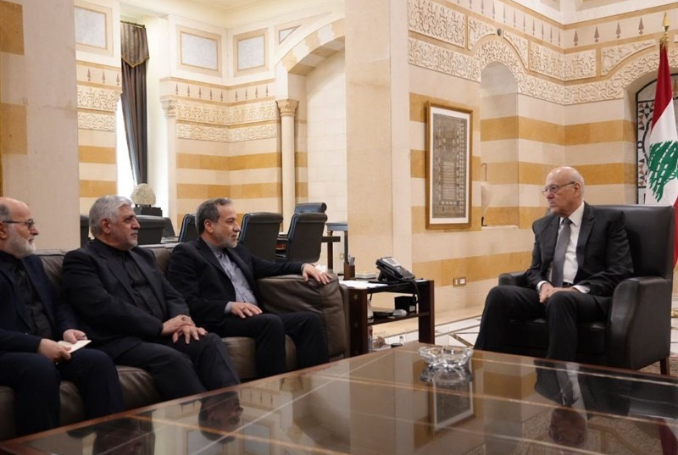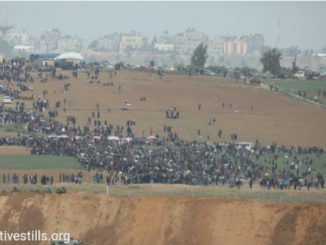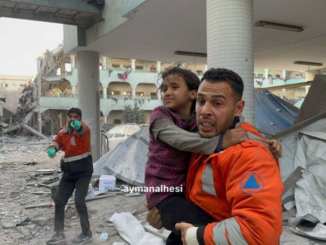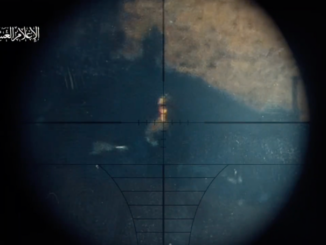
Iranian Foreign Minister Abbas Araghchi arrived in Beirut on Friday, marking his first official visit to Lebanon since taking office. The visit occurs amid heightened regional tensions and ongoing Israeli attacks.
According to the Lebanese National News Agency, Araghchi was greeted by Osama Khashab, the head of protocol at Lebanon’s Foreign Ministry, upon arrival at Beirut’s Rafic Hariri International Airport.
Iranian Foreign Ministry spokesman Esmaeil Baghaei announced that the Tehran delegation, led by Foreign Minister Araghchi, is set to meet with high-ranking Lebanese officials.
Iranian Foreign Minister Abbas Araqchi met with Lebanese Prime Minister Najib Mikati in Beirut. pic.twitter.com/BzDfYfy9tw
— Tasnim News Agency (@Tasnimnews_EN) October 4, 2024
According to the Lebanese news network Al-Mayadeen, Araghchi is expected to meet with Lebanon’s caretaker Prime Minister Najib Mikati and Parliament Speaker Nabih Berri to discuss recent developments in Lebanon and the region.
The delegation includes two members of the Iranian Parliament and the Head of Iran’s Red Crescent Society.
In a statement, Baghaei said, “Our delegation led by FM Araghchi and accompanied by two members of Parliament and Head of Iran’s Red Crescent Society will meet with Lebanese high-level officials shortly.”
In another daring move, the Iranian foreign minister has just announced that he landed at Beirut airport with tons of medical aid for the Lebanese people. pic.twitter.com/7Pi56unU6Q
— Warfare Analysis (@warfareanalysis) October 4, 2024
He also mentioned that a humanitarian aid package, consisting of 10 tons of food and medical supplies, would be delivered to Lebanon. “Iran is steadfast in its solidarity with the brave people of Lebanon,” Baghaei noted, stressing the importance of regional recognition of Lebanon’s critical situation.
“The whole region should recognize the critical situation Lebanon faces and its dire implications for the future of our nations,” he added.
In his statement, Baghaei reiterated Iran’s commitment to Lebanon, saying, “Iran’s is steadfast in its solidarity with the brave people of Lebanon.”
He further emphasized that “the whole region should recognize the critical situation Lebanon faces and its dire implications for the future of our nations.”
An Iranian delegate, including the country's foreign minister, has arrived in Beirut pic.twitter.com/VqHtZBULOf
— PressTV Extra (@PresstvExtra) October 4, 2024
Border War
Since the start of the Israeli war on Gaza, on October 7, 2023, the Lebanese movement Hezbollah has engaged directly, but relatively in a limited way in the war against the Israeli occupation.
Israel escalated its aggression with the cyber-terror attacks on September 17 and 18, which claimed the lives of at least 37 people including children, and injured around 3000 others.
This went hand in hand with a series of assassinations of Hezbollah leaders, the last of which was that of the Secretary-General of the resistance party Hassan Nasrallah on September 27.
These developments coincided with unprecedented bombings and airstrikes by Israel’s army on different cities across Lebanon particularly in the south, Bekaa and the southern district of Beirut.
The Ministry of Health indicated on Thursday that 1974 people were killed including 127 children, 261 women, and 9384 others were injured since the start of the Israeli aggression on Lebanon.
Israel has occupied parts of Lebanon for decades and has only left the country in 2000, following stiff Lebanese resistance under Hezbollah’s leadership.
Israel attempted to re-occupy Lebanon in 2006 but failed in what Lebanon considers a major victory against Israel.
Israel, however, continues to occupy parts of Lebanon, namely the Sheeba Farms region.
Hezbollah has vowed to recover every inch of Lebanon that has been occupied by Israel contrary to international law.
(PC, Agencies)









I’m ashamed of what my so-called government is doing. They don’t represent me, and they are a direct threat to all of us inside and outside the USA. If this was 1945, America would be the Japan. Out of control, running wild, gone rogue…our government is in fight or flight mode. Why??